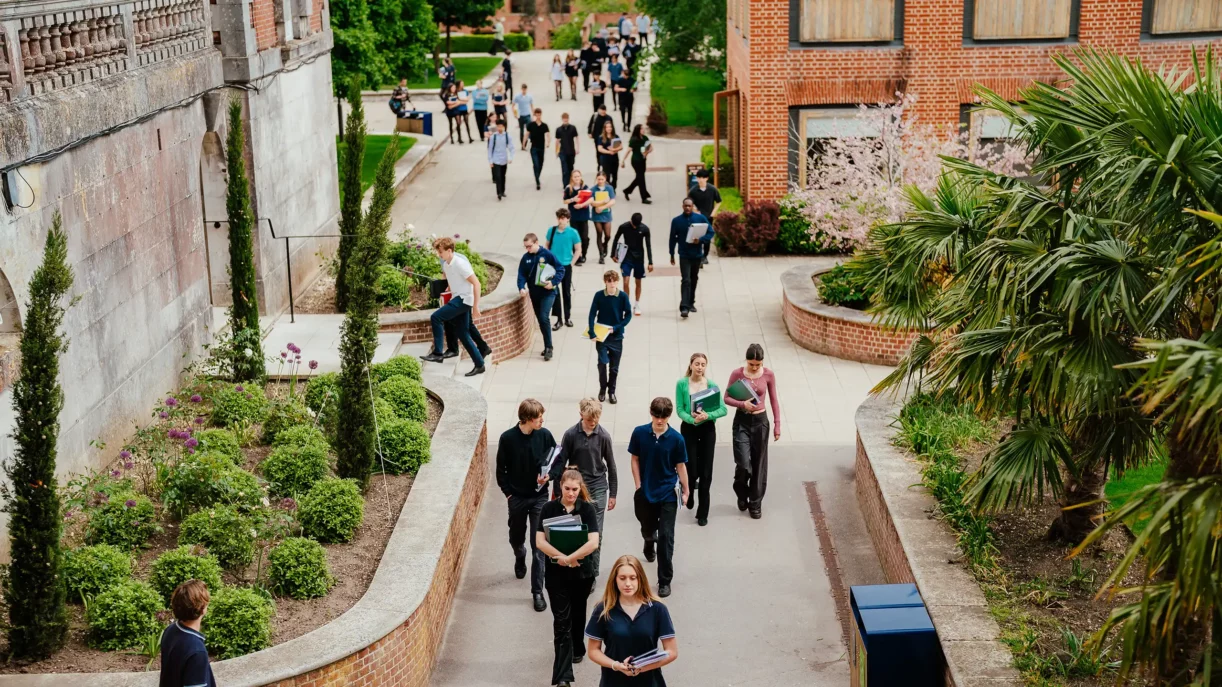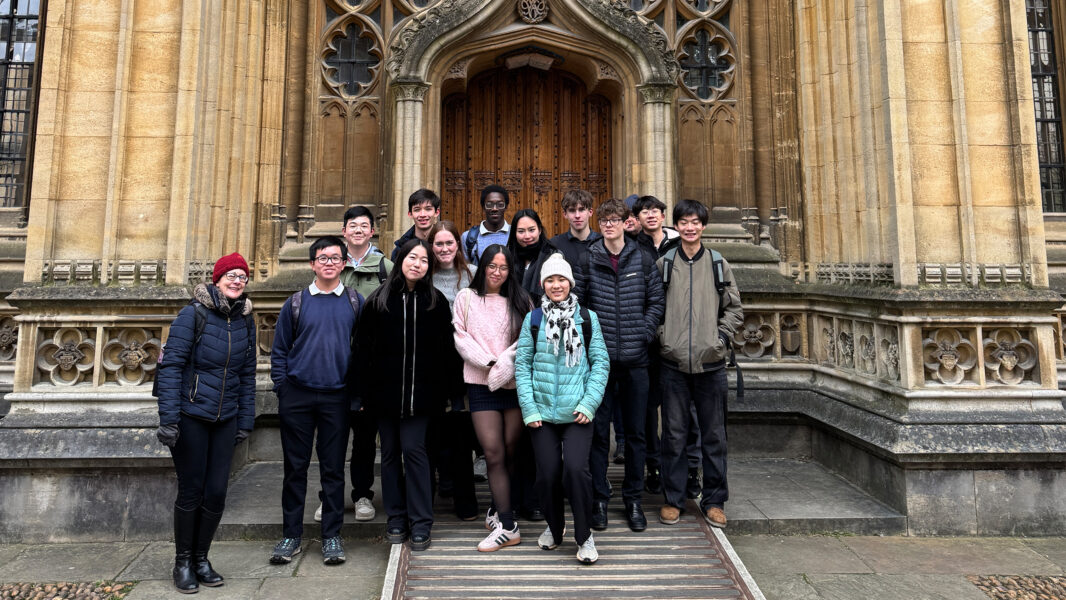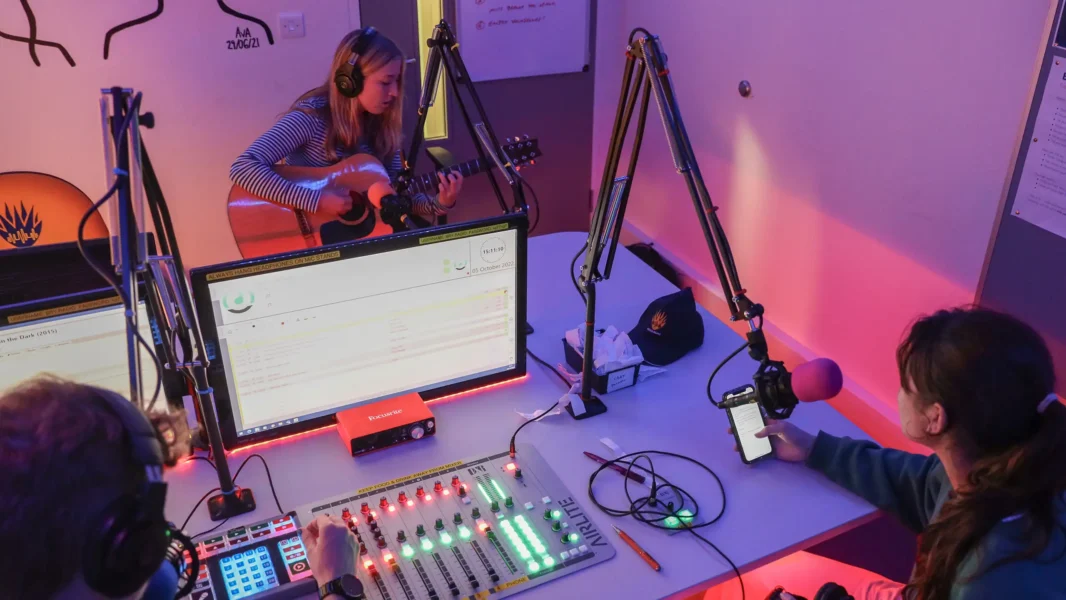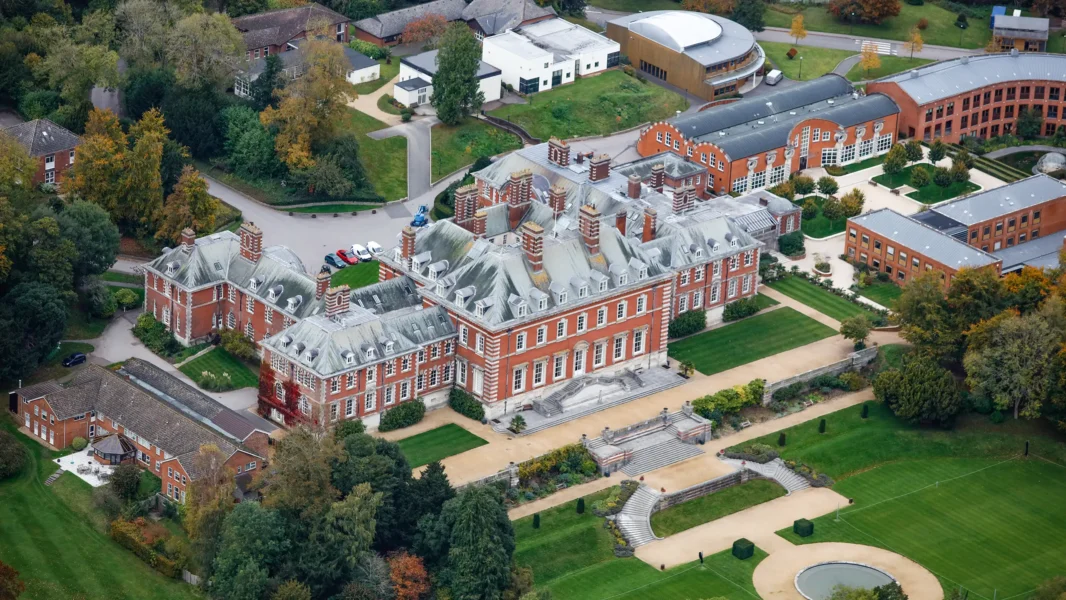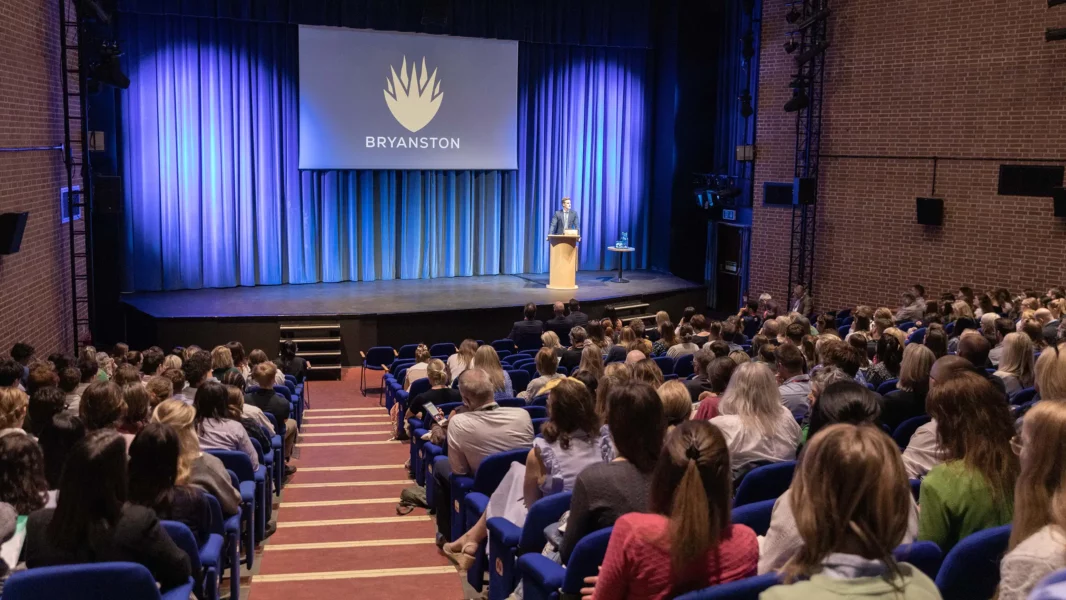What we learn is our most precious cargo and how we shape our minds stays with us forever. We can travel the world and everywhere we go our minds come with us, of course they do. Our minds are our most useful tools and the key to the future.
At Bryanston we want our pupils to understand this: the value of their brilliant minds.
Near the end of last term, I took the opportunity during a whole school assembly, to talk about why it is important to nurture our minds, spark curiosity and to appreciate the benefit of a wide-reaching education. I spoke about how, for me, the Dolomite mountains are an example of a place that is so much more than a playground for climbers, walkers and skiers.
This awe-inspiring mountain range also ignites a passion for geographers, geologists, historians, chemists and linguists. In producing the assembly, not only did I answer some of my own questions about them, I found it thought-provoking how much these mountains, seemingly immobile giants, have changed not only themselves but the lives of the people who inhabit and visit them.
In a time where we have access to boundless information, understanding how to use it and inspire progressive change from it is a fundamental skill. In order to make positive changes in the world, we want our pupils to be confident in the value of their own minds and be inspired to independently search for answers.
Curiosity is more than a Google search; it is being unafraid to venture for knowledge in the hope of finding something fascinating or extraordinary. That is why education cannot be bound to the classroom, but it can and should be found in everything we do.
At Bryanston a classroom is a dynamic space. Each department whether it be a STEM, arts, languages or humanities subject, is a vibrant place where pupils can explore the world of ideas, one of the best places a person can travel to. As well as this, Bryanston’s outdoor learning, sports and other co-curricular programmes are just as important in developing the well-rounded education that we hope will take our Bryanstonians far.
As our pupils go into a future with challenges that humanity has not faced before, a creative and lateral way of thinking is to become increasingly significant, but it is vital to remember that we let our pupils know that we don’t expect them to do it all alone. That while independence of thought is invaluable, so is the confidence and wisdom to ask for help.
Let us hope that they all carry this message of the value of everything they are doing at school throughout the New Year (and if you’re feeling curious yourself, I’ve added links to some interesting articles on the Dolomites below).
- Scientific American, ‘The Birth of the Dolomites – Beautiful Mountains born out of the Sea’
- ‘Landscape and Memory: The First World War
- National Geographic, A Century Later, Relics Emerge From a War Frozen in Time
Mark Deketelaere
Deputy Head Academic
